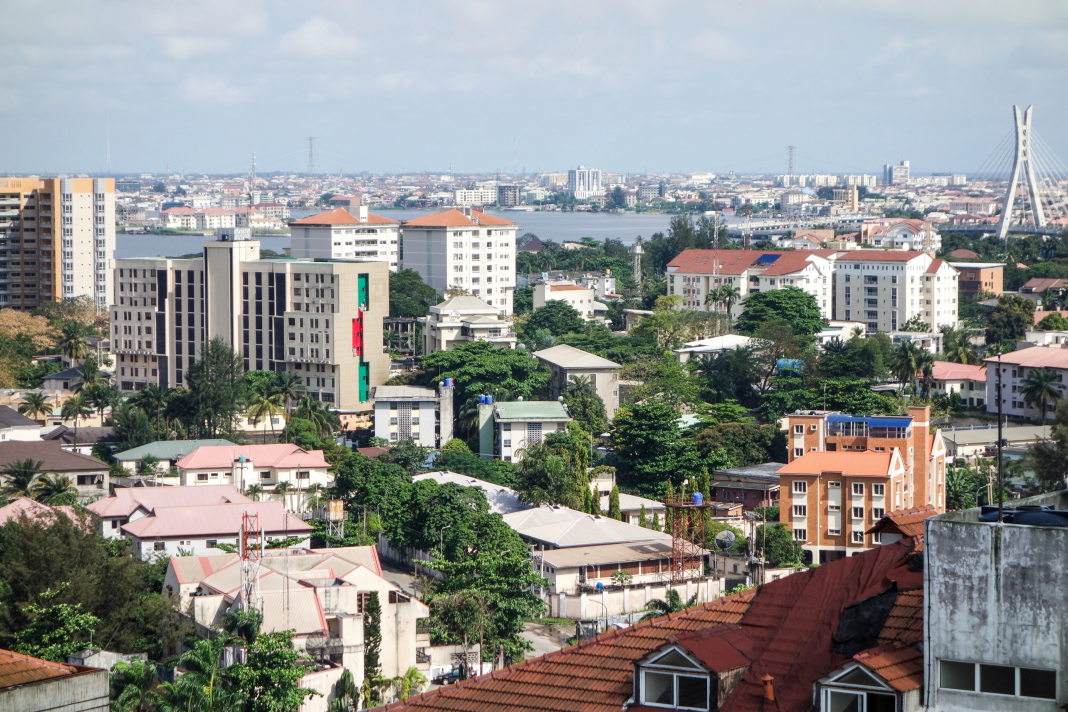- N10.88 trillion between 2021 and 2024
- Southern states widen fiscal gap as Lagos alone generates over one-third of total revenue
Nigeria’s 36 states and the Federal Capital Territory (FCT) generated a combined N3.63 trillion in Internally Generated Revenue (IGR) in 2024, with Lagos State alone accounting for more than one-third of the total, according to new data released by the National Bureau of Statistics (NBS) in collaboration with the Federal Inland Revenue Service (FIRS).
Internally Generated Revenue (IGR) across Nigeria’s 36 states and the Federal Capital Territory (FCT) rose to a cumulative N10.88 trillion between 2021 and 2024, according to NBS.
The upsurge in IGR is driven primarily by tax revenue, particularly in Lagos and Enugu States.
The report shows that in 2024 alone; Nigerian states collectively generated a record N3.63 trillion in IGR – the highest in the four-year period. This represents a 49.7% increase from the N2.43 trillion generated in 2023.
Tax revenue remains the dominant contributor to IGR, accounting for approximately 73% of total state-generated income over the four-year period. In 2024, tax revenue stood at N2.66 trillion, while other sources, such as fees, licenses, and earnings from state-owned enterprises, contributed N968 billion.
In 2023, states collectively realised N2.43 trillion, made up of N1.95 trillion in tax revenue and N478 billion from other sources. The previous year, 2022, saw a total IGR of N1.93 trillion, comprising N1.47 trillion from taxes and N455 billion from other income.
The lowest IGR figure in the period was recorded in 2021 at N1.90 trillion, with N1.23 trillion coming from taxes and N666 billion from other sources.
While Lagos and a few other economically vibrant states are presumed to account for a significant chunk of the revenue, the NBS data underscores an overall national trend towards enhanced sub-national revenue mobilization.
Lagos dominates with N1.26 trillion
The report showed that Lagos State retained its position as the country’s undisputed economic powerhouse, generating N1.26 trillion — more than the combined total of the next three states, Rivers (N317.30 billion), the Federal Capital Territory (N282.36 billion), and Ogun (N194.93 billion).
Lagos’ IGR figure, which represents roughly 35% of Nigeria’s total subnational revenue, underscores its strong tax base and diversified economy anchored on commerce, manufacturing, and services. The performance also reflects ongoing efforts by the state government to expand digital tax administration and improve compliance through its Internal Revenue Service.
South dominates as Enugu, Delta, Edo show strong performance
The data highlights a widening fiscal divide between southern and northern states. Of the top 10 IGR performers, eight are from southern states. Enugu emerged as a surprise performer, ranking fifth nationally with N180.50 billion — ahead of oil-rich Delta (N157.79 billion) and Edo (N91.15 billion).
Enugu’s strong showing signals improving fiscal reforms and expanding urban economic activities. Analysts say the state’s performance could attract greater investor confidence and strengthen its fiscal autonomy from federal allocations.
Other southern states, such as Akwa Ibom (N75.77 billion), Oyo (N65.29 billion), and Bayelsa (N64.01 billion) also featured prominently among the top half, reflecting stronger internal revenue mobilisation and improved economic productivity.
Northern states lag, though Kano, Kaduna make top 10
While Kano (N74.77 billion) and Kaduna (N71.57 billion) ranked ninth and tenth, respectively, most northern states continued to post weak IGR outcomes relative to their population and size. Jigawa (N59.46 billion) was the only other northern state among the top 15.
At the bottom of the ranking, Yobe generated N11.08 billion, the lowest in the federation, followed by Ebonyi (N13.18 billion) and Kebbi (N16.97 billion).
The figures underscore the persistent dependence of many northern and rural states on federal allocations from oil revenue rather than internally sustained economic activity.
Fiscal disparities persist despite national growth
Overall, Nigeria’s N3.63 trillion total IGR for 2024 represents a notable increase compared to previous years, reflecting gradual improvements in tax collection systems and economic activity post-COVID.
However, analysts warn that the concentration of fiscal capacity in a few states poses risks for balanced national development.
Economists argue that unless low-performing states diversify their revenue sources through agriculture, mining, and services, the current regional disparities will continue to strain fiscal federalism and limit sustainable growth across Nigeria’s 36 states.
Highlight of the figures at a glance:
- 2024 Total IGR: N3,633,054,718,156.89
- Tax Revenue: N2,664,892,825,615.90
- Other Revenue: N968,161,892,540.99
- 2023 Total IGR: N2,426,919,598,107.84
- Tax Revenue: N1,948,902,473,298.05
- Other Revenue: N78,017,124,809.79
- 2022 Total IGR: N1,925,612,626,650.76
- Tax Revenue: N1,470,540,449,460.47
- Other Revenue: N455,072,177,190.29
- 2021 Total IGR: N1,895,786,762,263.80
- Tax Revenue: N1,229,889,699,721.98
- Other Revenue: N665,897,062,541.82
The rising figures signal stronger fiscal autonomy for states but also reinforce the need for sustained reforms and investments in data-driven revenue systems.







